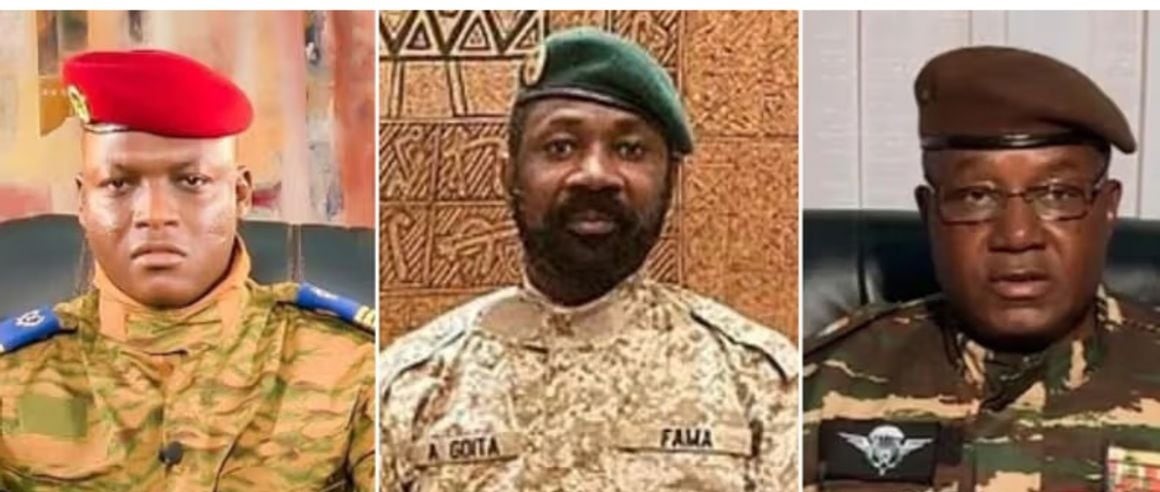(4 Minutes Read)
Mali, Niger, and Burkina Faso have left ECOWAS, citing dissatisfaction with the organization’s inability to enhance security and sovereignty. Will that affect the credibility of ECOWAS, which of late has been subjected to several challenges mainly due to sporadic coups in Sahel region countries?
While political analysts converge on the view that the impasse has to be ironed out, they are fixed as to how to do that. Political instability in the region is growing, despite the efforts of multilateral organizations and other like-minded organizations. Developments in a stable democracy like Senegal dealt a body blow to nurturing democratic institutions in the Sub-Saharan region.
Exhortation by countries to hold the elections in time, that is this month itself seems to have been ignored by the administration, which is sticking on to its point that it would be postponed for another six months. The National Assembly also passed the resolution to extend the elections for another six months. The sad commentary is that some of the legislators who were against the postponement of the election and stressed the need to have it conducted were forcefully prevented from entering the National Assembly for voting.
The departure of these countries from the ECOWAS bloc and forming a new alliance strike the very basis of the bloc which was formed to usher in a common development plan for the region having a list of least developed countries. Also, the political instability is threatening to spill over to nearby countries, which are facing common threats from Jihadists. regional security.
The need for a diplomatic solution to prevent further fractures within this regional economic community is crucial. But the point is how to achieve that. The Economic Community of West African States (ECOWAS) has convened an emergency meeting to address pressing issues across the region. Among the key concerns are the political turmoil in Senegal and ongoing tensions with military regimes in Burkina Faso, Mali, and Niger. Foreign ministers from the bloc have deliberated on the current security and political challenges facing West Africa. While the attendance of the Senegalese minister remains unconfirmed, the focus is on finding solutions to the region’s complex issues.
The credibility of ECOWAS is under scrutiny, especially following the coup in Niger last July. Calls for military intervention have waned, leaving former President Mohamed Bazoum detained without reinstatement, raising concerns about the organization’s efficacy in addressing political upheavals.
There is a growing number of experts who point out that the political instability in the region is mostly on account of economic backwardness. In such an ecosystem, more youngsters can be recruited into the ranks of militants. Also, the region is conspicuous by the escalating rift between Russia and its ex-colonizers from the Western European countries, who are now in the process of retreat after a long spell of presence in the region. There are also opinions that the rift, which has become open now, is also the cause of tension in the region. In that case, the superpowers cannot absolve themselves from the convoluted state in the region.





